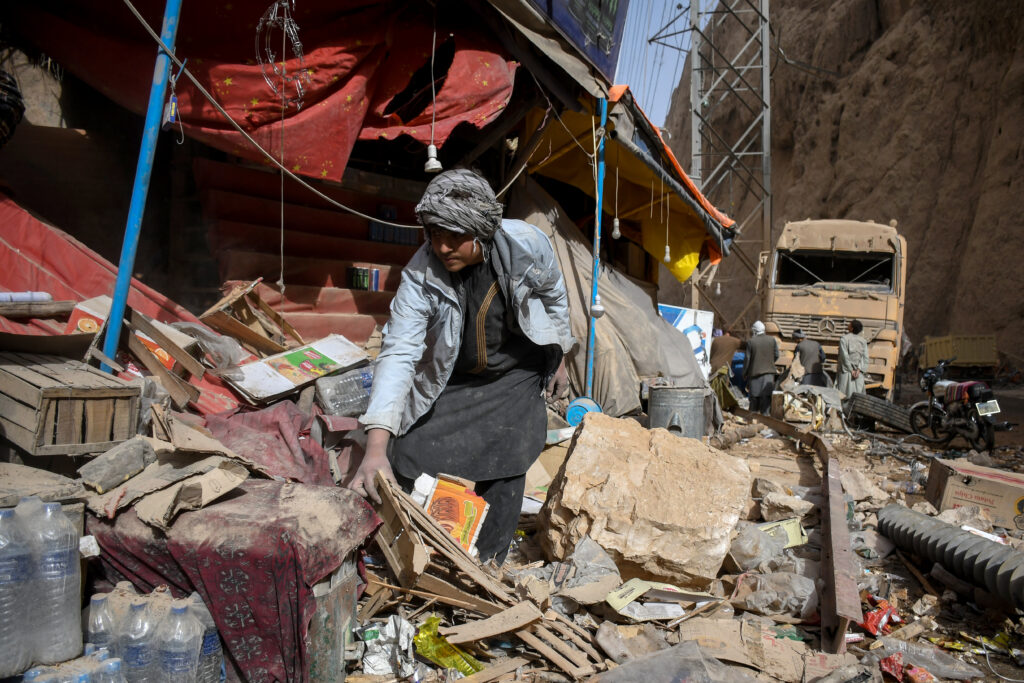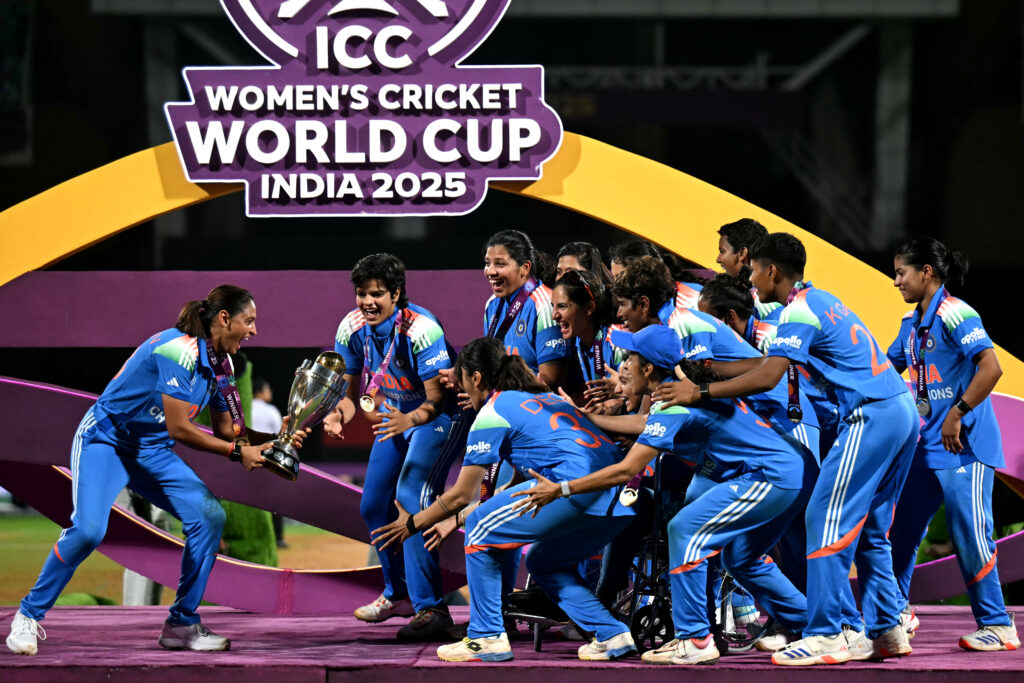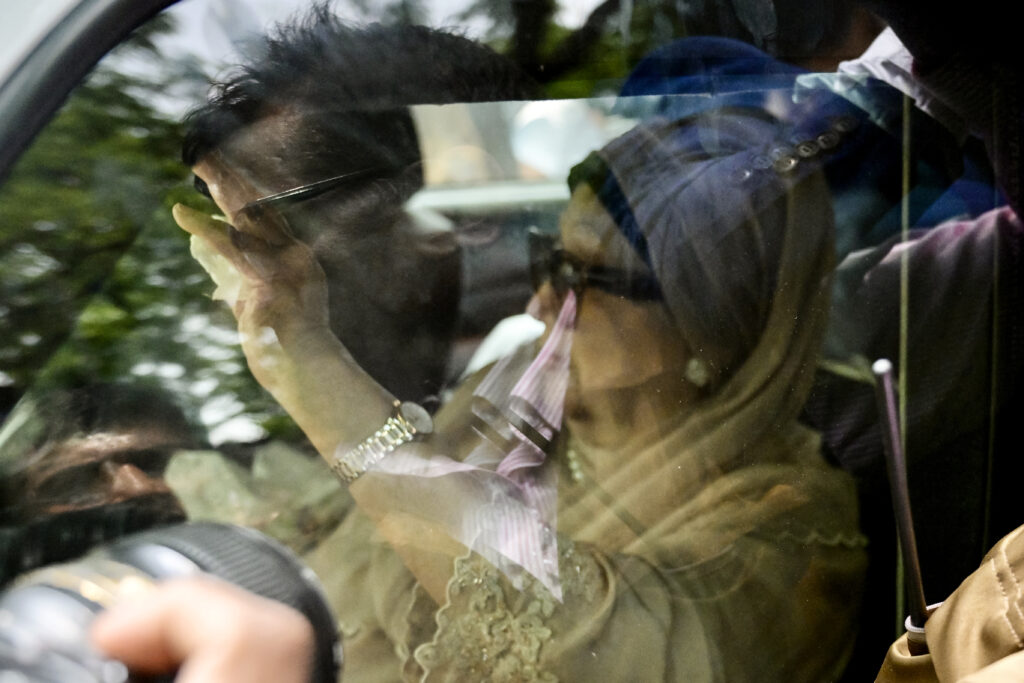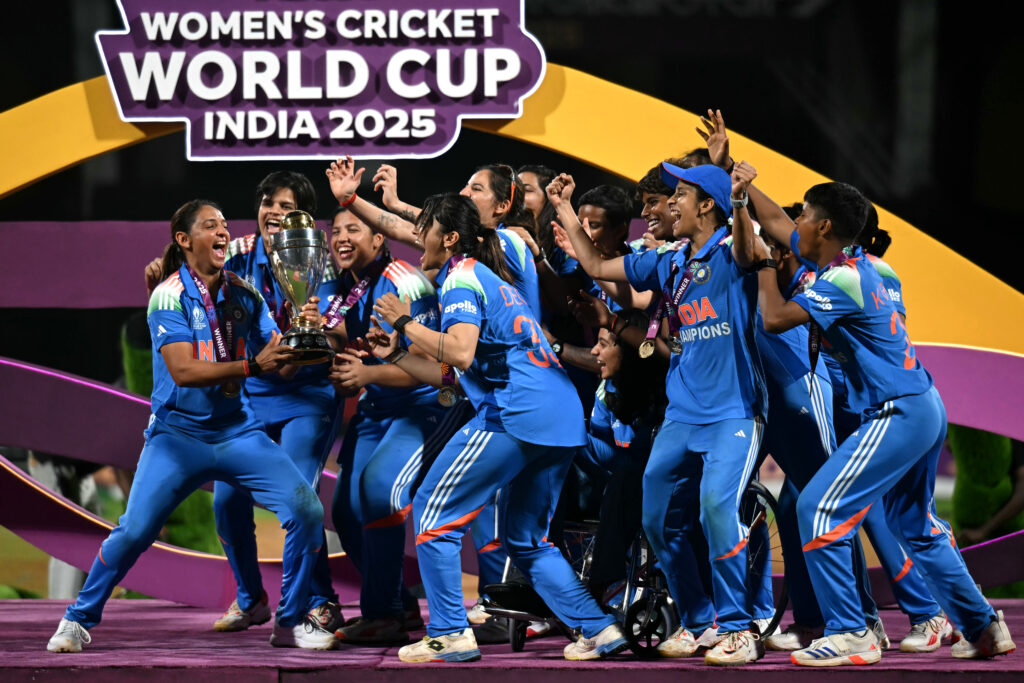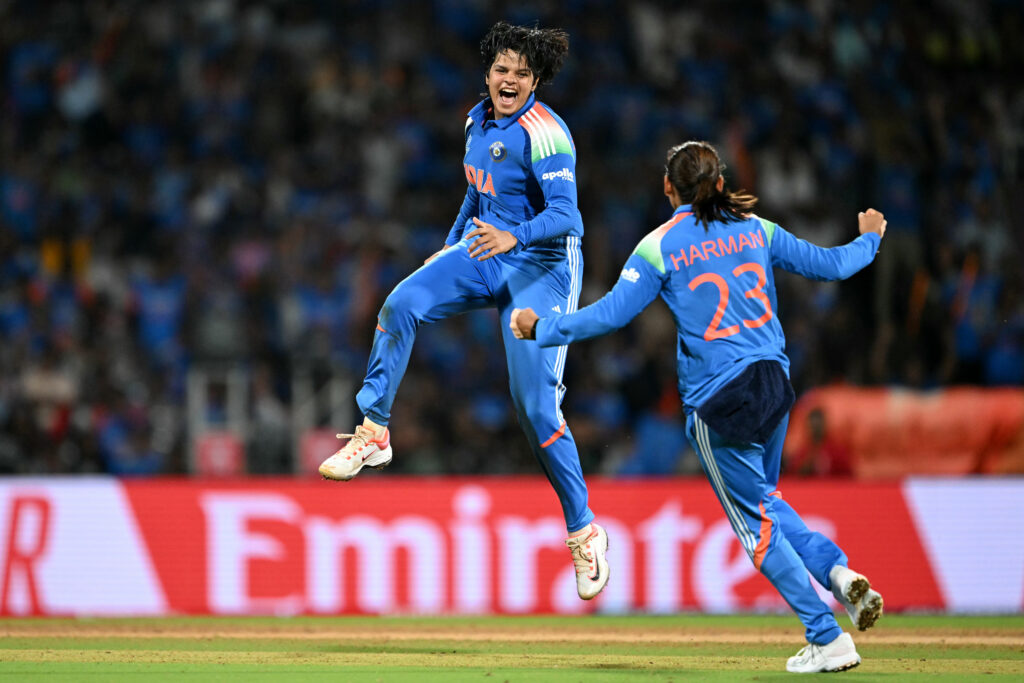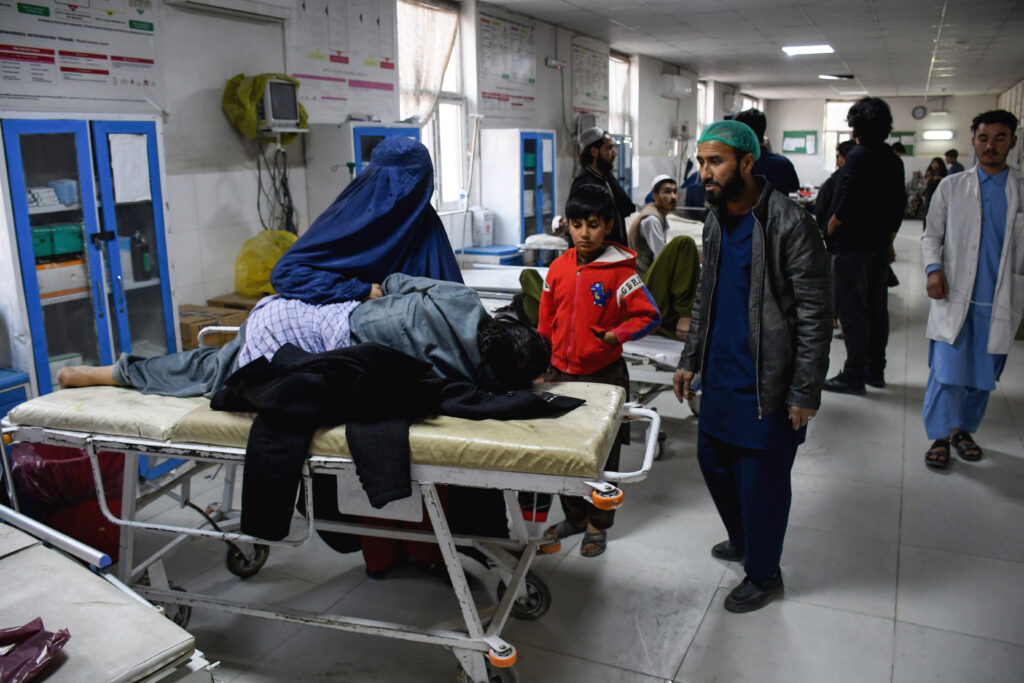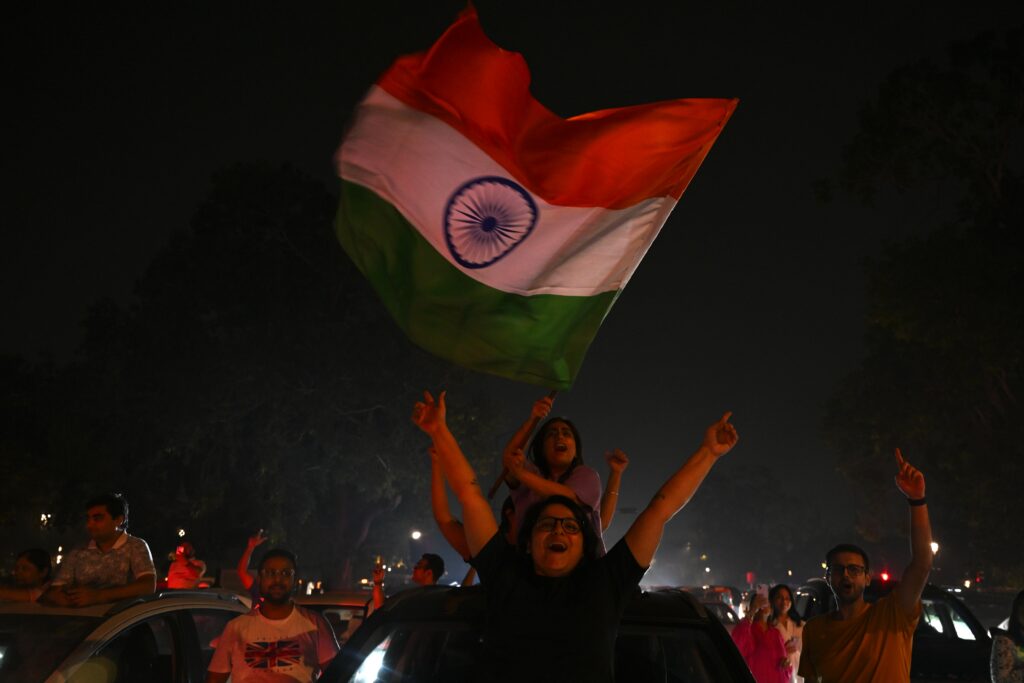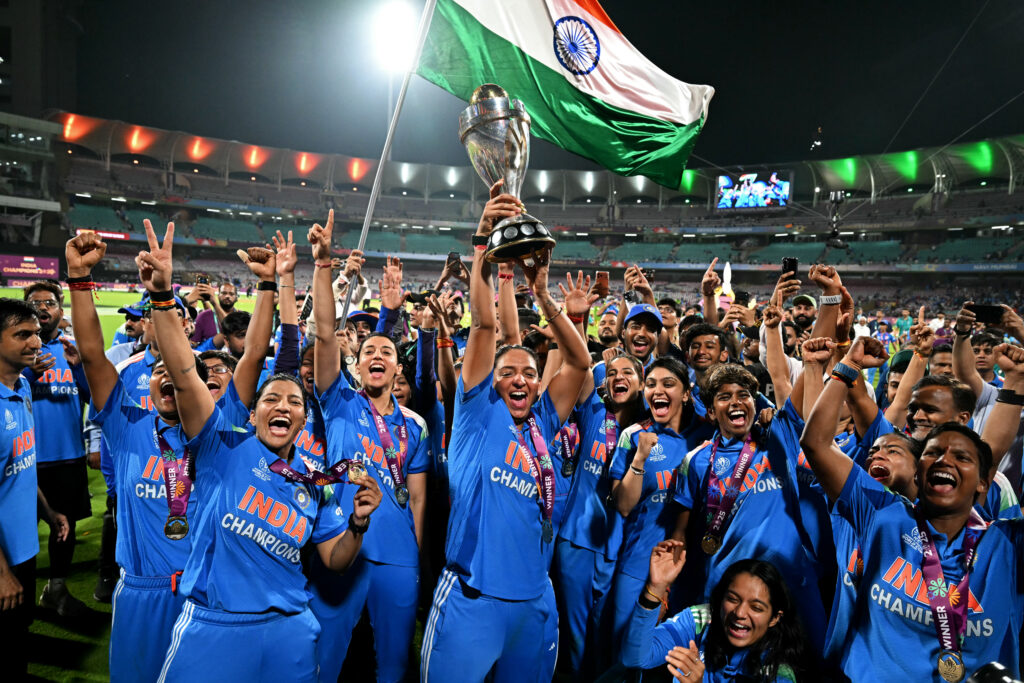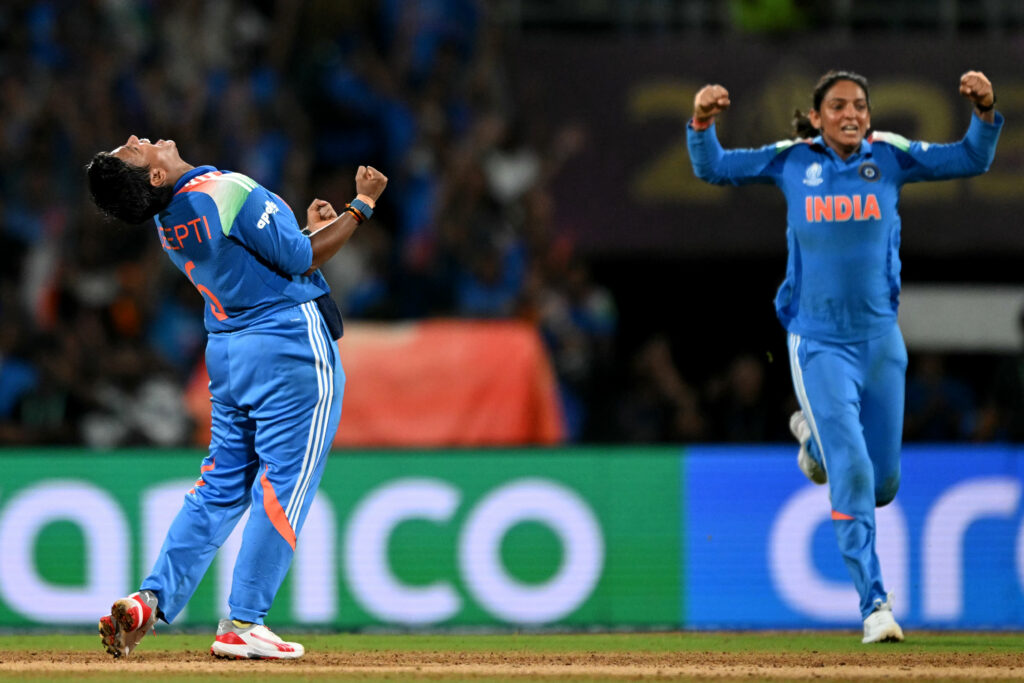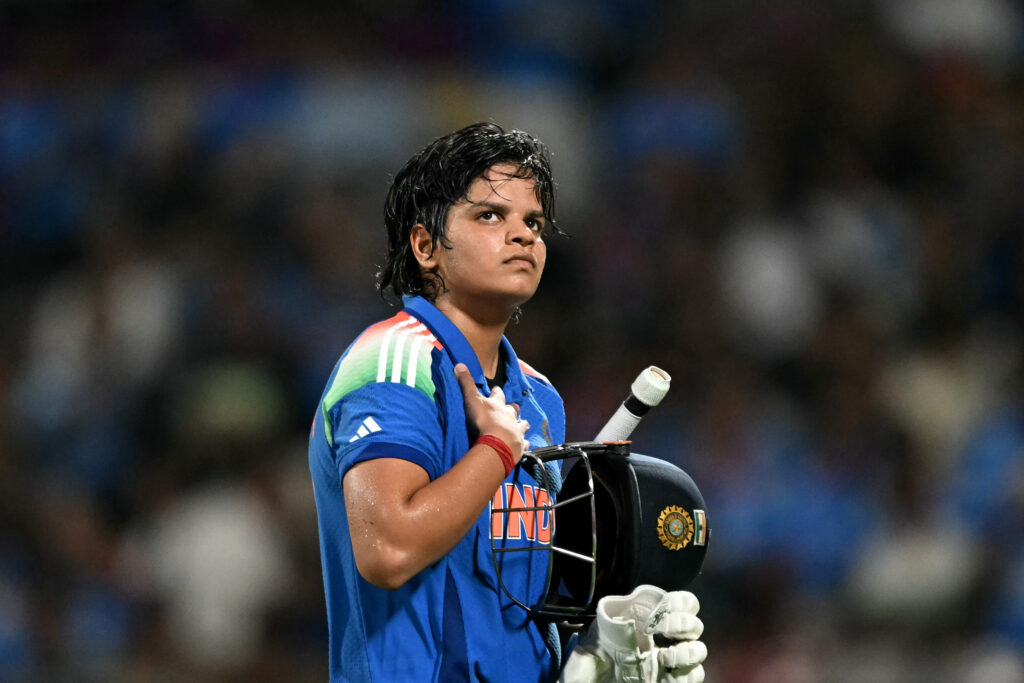Afghan govt says quake kills 20, injures over 500
A strong earthquake killed at least 20 people in northern Afghanistan, authorities said Monday, just months after another deadly tremor that left the country reeling.The 6.3-magnitude quake struck overnight at a depth of 28 kilometres (17 miles) with the epicentre near the city of Mazar-i-Sharif, according to the US Geological Survey.”All the houses were struck and people were hurt,” resident Ahmad Khan told AFP in Tashqurghan village as people searched through the rubble.”We’re asking the government to help with reconstruction.”Across Samangan and Balkh provinces “534 people have been injured and more than 20 fatalities have been taken to hospitals”, health ministry spokesman Sharafat Zaman told journalists.In Mazar-i-Sharif, one of Afghanistan’s largest northern cities, an AFP correspondent saw residents scrambling out into the streets.The city’s famed Blue Mosque, a 15th-century landmark known for its vibrant tiles, was also damaged.Pieces of the structure, particularly from one of its minarets, broke off and lay scattered across the mosque’s grounds, one of the country’s few remaining tourist spots.The culture ministry pledged to immediately take “the necessary measures to assess and repair the damage”.Correspondents in the capital Kabul, around 420 kilometres by road to the south, also felt shaking.Poor communication networks and infrastructure in mountainous Afghanistan have hampered disaster responses in the past, preventing authorities for hours or even days from reaching far-flung villages to assess the extent of the damage.- ‘Fear and uncertainty’ -The defence ministry said it had cleared and reopened the main road between Mazar-i-Sharif and the town of Kholm, and that it had rescued people who had been stranded there overnight.”Numerous homes have been destroyed, and significant material losses have been incurred,” Hamdullah Fitrat, deputy spokesman for the Taliban authorities, wrote on X, without specifying a number.It is the latest natural disaster for the Taliban government, which has faced three major deadly earthquakes since taking over Afghanistan in 2021, even as the foreign aid that formed the backbone of the country’s economy has dramatically dropped.In August, a shallow 6.0-magnitude quake in the country’s east wiped out mountainside villages and killed more than 2,200 people.According to the World Bank, the August earthquake caused an estimated $183 million worth of damage to buildings and infrastructure.The UN’s humanitarian agency, OCHA, estimates 221,000 people are still in “acute need” of assistance in the east.Save the Children, which is dispatching a team to Samangan, warned “thousands of children in the earthquake-devastated east of the country are facing the winter with only tents for protection”.”Now, families in the north are also experiencing fear and uncertainty,” said Samira Sayed Rahman, the charity’s programme development and advocacy director for Afghanistan.Earthquakes are common in Afghanistan, particularly along the Hindu Kush mountain range, near where the Eurasian and Indian tectonic plates meet.Large tremors in western Herat, near the Iranian border, in 2023, and in eastern Nangarhar province in 2022 killed hundreds and destroyed thousands of homes.Many homes in the predominantly rural country — devastated by decades of war — are shoddily built.Afghanistan is suffering from a humanitarian crisis compounded by drought, economic restrictions on the banking sector, and the pushback of millions of Afghan citizens from neighbouring Iran and Pakistan.The United Nations and aid agencies have warned that hunger is rising.
